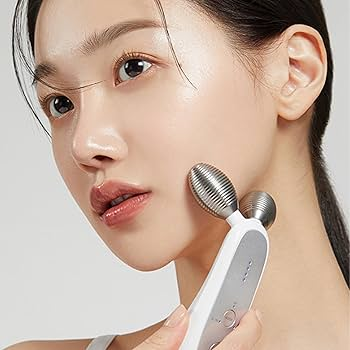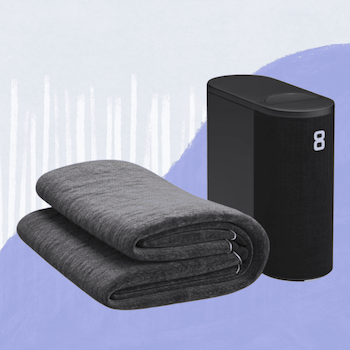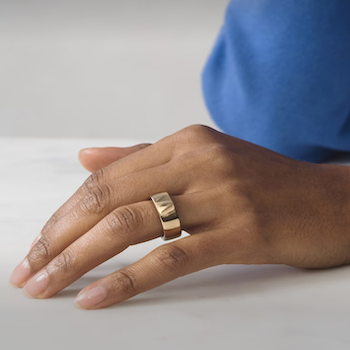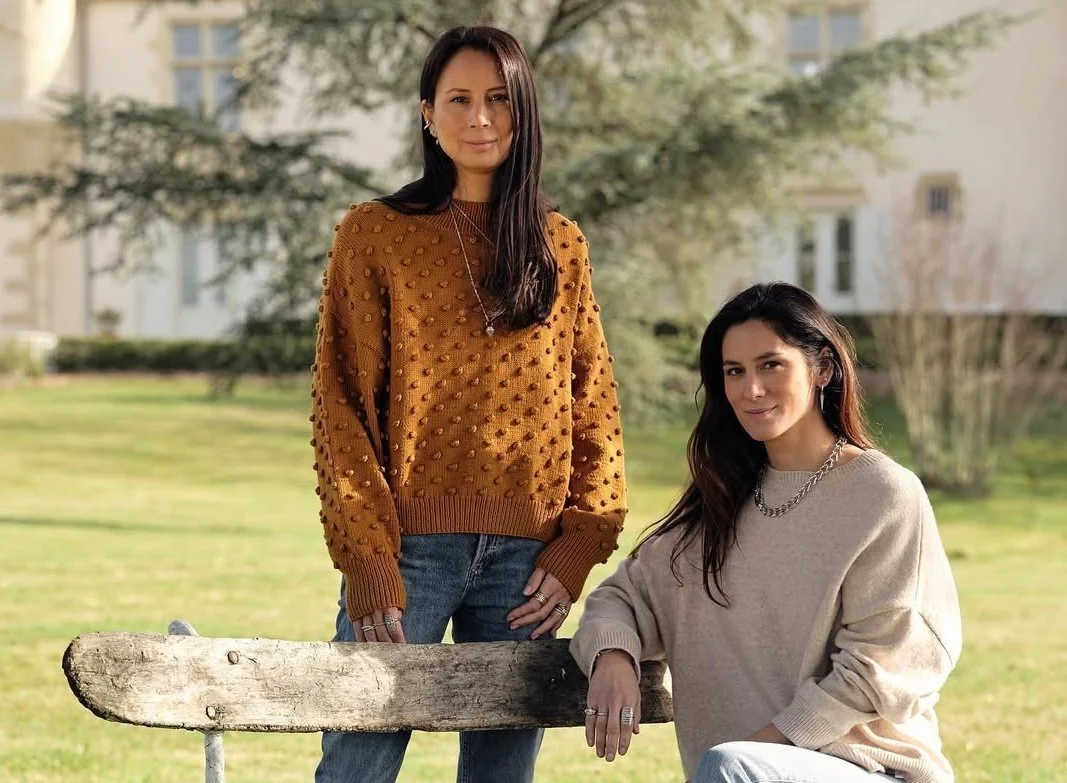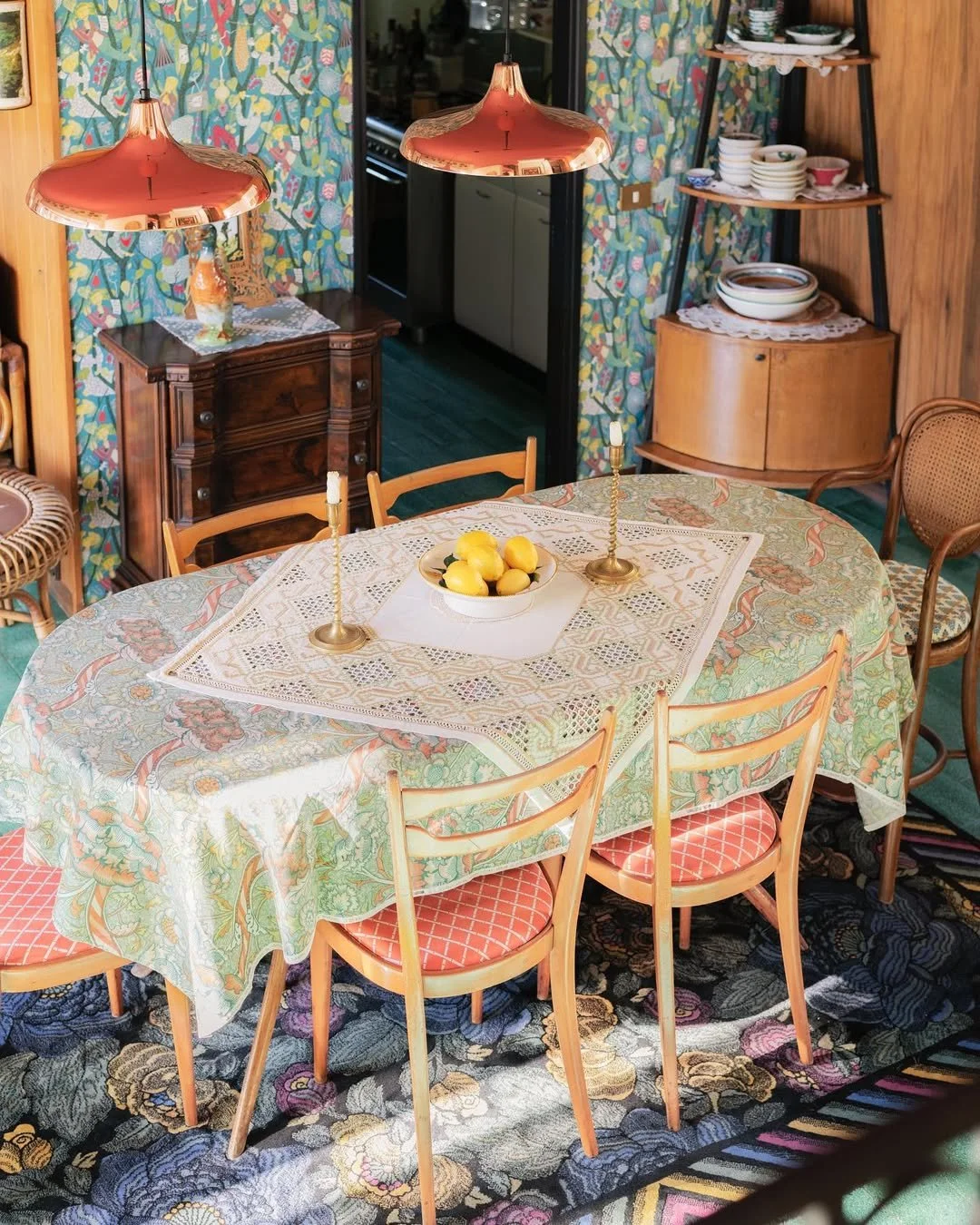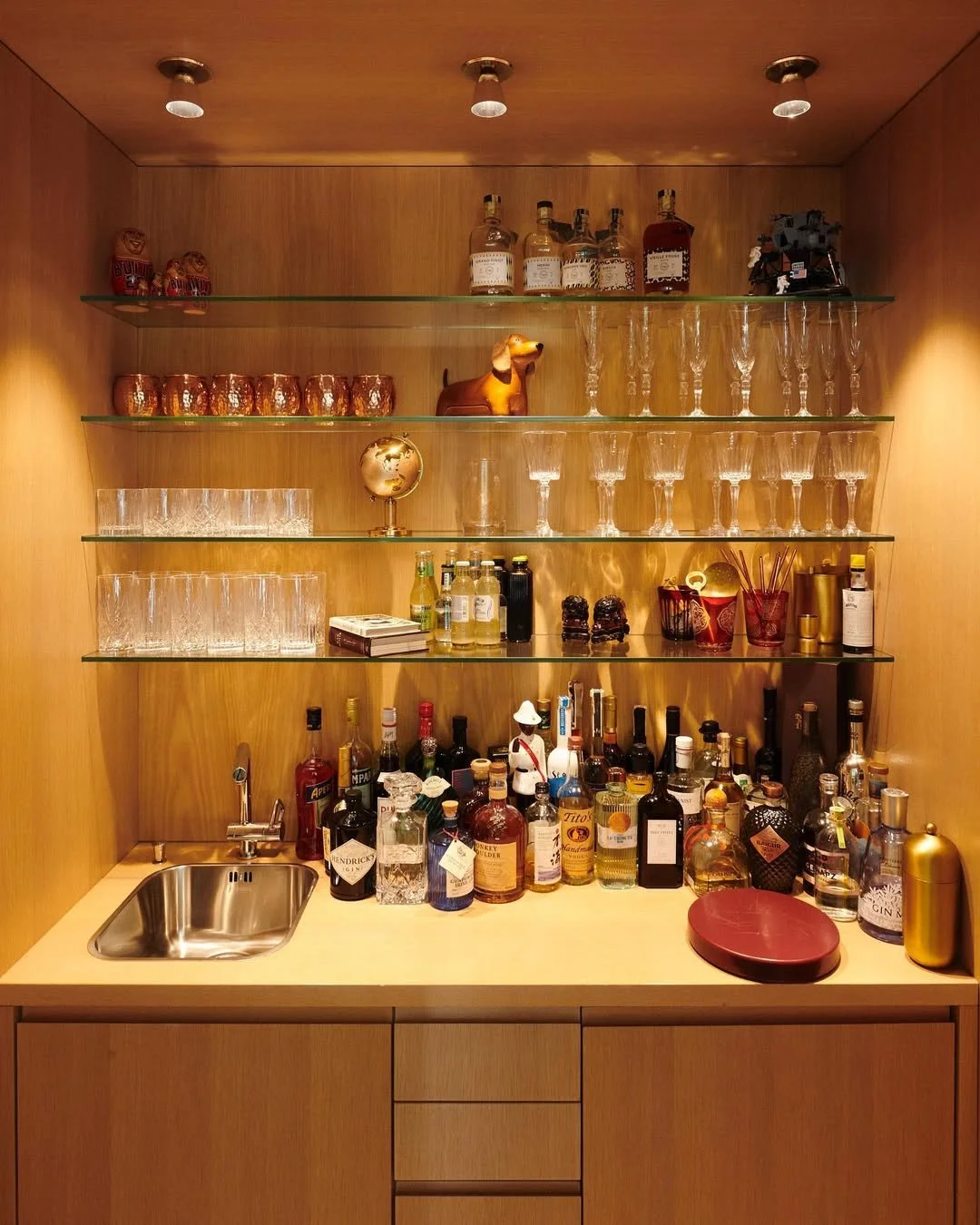Good Sleep: A Nocturnal Ritual for Skin, Sanity, and Slow Aging
There is a quiet theatre to the evening: blinds drawn, lights dimmed, a kettle murmuring in the background. The day sheds its layers as the night unfurls in gentle folds. But for many, this nightly transition is fractured, fraught with interruptions both digital and hormonal. And what’s sacrificed in the process isn’t merely rest: it’s radiance and resilience.
To consider sleep as a beauty treatment is not just poetic metaphor. It’s physiological fact. At night, the body engages in its most meticulous reparative work. Collagen production ramps up, inflammation ebbs, and skin drinks deeply from within. Yet in a culture where “busy” is worn like a badge and scrolling replaces stillness, sleep is too often truncated, borrowed against like a high-interest loan. And, as with any bad debt, the cost compounds over time.
The modern lifestyle has normalised a kind of chronic exhaustion. Weekdays are devoured by work and worry, weekends become catch-up marathons, an illusory attempt to compensate for what was never truly earned. But sleep, like skin, favours consistency over heroics. One long slumber on Sunday won’t undo the silent erosion from five nights of deprivation.
The Biology of Beauty Sleep
Contrary to the often-dismissive tone with which the phrase is used, “beauty sleep” is real (and vital). When we sleep, particularly during the early part of the night, the body cycles through slow-wave, or deep, sleep. It’s here that growth hormone peaks, triggering cellular repair and tissue regeneration. Not just muscles, but skin cells, those fragile sentinels of the face and body, are renewed.
Then there’s melatonin, often reduced to a supplement aisle standby but in truth one of the body’s most elegant mechanisms. Secreted in darkness, peaking around 3 to 4 a.m., melatonin does more than lull us into slumber. It acts as a potent antioxidant, fighting off the day’s accrued oxidative stress such as sun exposure, pollution, even emotional strain. As cortisol drops and inflammation recedes, blood flow redirects to the skin, nourishing it with oxygen and nutrients. The result is a face that wakes looking hydrated, even-toned, and, if all has gone well, radiant.
Chronic sleep loss disrupts all three, ushering in early signs of ageing that no serum can truly mask: dullness, fine lines, puffiness, dryness, and those ever-insidious dark circles.
The Aesthetic Cost of Deprivation
What shows up in the mirror is merely the first signal. A dull complexion is not merely cosmetic; it’s a reflection of inflammation, poor circulation, and compromised repair. The skin loses that its bounce when collagen synthesis falters and cortisol, the stress hormone, goes unchecked.
Fine lines deepen into wrinkles not just because of age but due to that relentless, low-grade stress. Swelling beneath the eyes comes from fluid retention and dilated blood vessels, reactions to systemic inflammation and interrupted rest. And then there’s dryness, often overlooked, but quietly telling. Without adequate deep sleep, the body produces less hyaluronic acid. The skin loses its grip on hydration and suppleness begins to fade.
These are not just vanity metrics. They’re signals from within, a message in the mirror that something essential is being overlooked.
The New Evening Ritual
The antidote isn’t more caffeine or an expensive cream. It’s rhythm. It’s ritual. And, in many cases, it starts with light.
Blue light emitted from phones, tablets, televisions suppresses melatonin production. One hour of scrolling in bed can delay sleep onset by more than ninety minutes. Reclaiming that twilight hour means putting devices away and inviting in a kind of personal ceremony. Lower the lights. Light a candle. Play a record. Consider the hour before bed as foreplay for the nervous syste. Less a shutdown, more a descent.
Sleep hygiene means creating a bedroom that cues sleep as instinctively as scent cues memory: blackout curtains to block urban glare, noise machines to muffle restless neighbours or the hum of a passing tram. Even details like temperature become crucial. Cooler environments (around 16 to 19°C) foster deeper sleep by mimicking the body’s natural nocturnal drop in core temperature.
The Eight Sleep mattress topper, while undeniably a luxury, introduces a precision tool to this climate control. With its adaptive heating and cooling system, it caters to bodies that run hot or cold (or both). A partner who once dismissed it as an indulgence might now find it indispensable, especially when navigating the shifting tides of perimenopause or jet lag. As with all good design, it serves without fanfare but transforms the experience entirely.
Supplements: Gentle Aids, Not Crutches
While lifestyle remains the bedrock, certain supplements can serve as discreet scaffolding. Micronised progesterone, particularly helpful for those in their thirties and beyond, supports sleep initiation in bodies whose hormone profiles are beginning to shift. Maka root offers a plant-based ally in stress reduction and hormonal balance, while melatonin, used sparingly, can gently nudge the circadian rhythm back on track during times of disruption.
Magnesium glycinate has emerged as a quiet hero, relaxing the body without interfering with hormone balance. It’s the supplement equivalent of a soft cashmere throw: non-invasive, comforting, and profoundly effective when used consistently. A nightly dose can ease restless muscles and quiet a busy mind.
But the caution here is deliberate: supplements are tools, not solutions. Dependency replaces one imbalance with another. The ideal is to build a life that doesn’t need them daily - only occasionally, like a well-made umbrella in a rare storm.
Personal Data, Elegant Utility
For the analytically inclined or simply the curious the Oura Ring offers an elegant way to understand sleep as a living, changing pattern. It captures temperature, heart rate variability, REM cycles, all of which can highlight habits in need of revision. A glass of wine before bed, once enjoyed without consequence, now reveals itself as the saboteur of deep sleep. A morning walk becomes not just an indulgence, but a nudge to the body clock, syncing sleep to the soft logic of sunlight.
To some, wearables like this may feel too clinical, a far cry from silk pyjamas and linen sheets. But there’s something quietly empowering about data that refines intuition. It turns guesswork into accountability.
Romancing the Self
There’s a broader cultural reframe at work here. Sleep is not a pause in productivity.
Think of it less as a shutdown and more as a homecoming. The ritual of winding down becomes a kind of courtship with oneself. Music softened, a book opened, perhaps a pot of chamomile tea infused with lemon balm or valerian. The lighting dimmed to amber. Here, one is not merely escaping the day but entering something deeper.
Even posture matters. Lying supine, legs elevated with a pillow, eyes covered with a light cotton mask. The room cooled, the blankets just right. It’s as sensuous as any dinner party, minus the calories and the cleanup.
Waking Beautifully
Good sleep doesn’t always mean eight uninterrupted hours. But the consistency of the nightly ritual, the quiet refusal of blue light, and the unwavering bedtime is what yields results. Sleep, when approached with respect, becomes cumulative: a resource stored in the very tissues of the skin, the clarity of thought, the steadiness of mood.
There’s a simple but profound takeaway: how we sleep is how we live. Rested people move more graciously through the world. They react less, reflect more. Their skin glows not because of what they’ve applied, but because of what they’ve allowed.
So invest in darkness. Unplug with intent. Trade the glass of wine for a magnesium capsule, the Netflix binge for a short walk under the moon. Try, just once, to go to bed at 10 p.m. on a Friday. Not as punishment, but as pleasure. Romance yourself into stillness. The rewards, as the mirror will quietly show, are both immediate and enduring.
Sleep, in the end, is not a luxury. It is the most understated form of self-respect.
And it shows.




